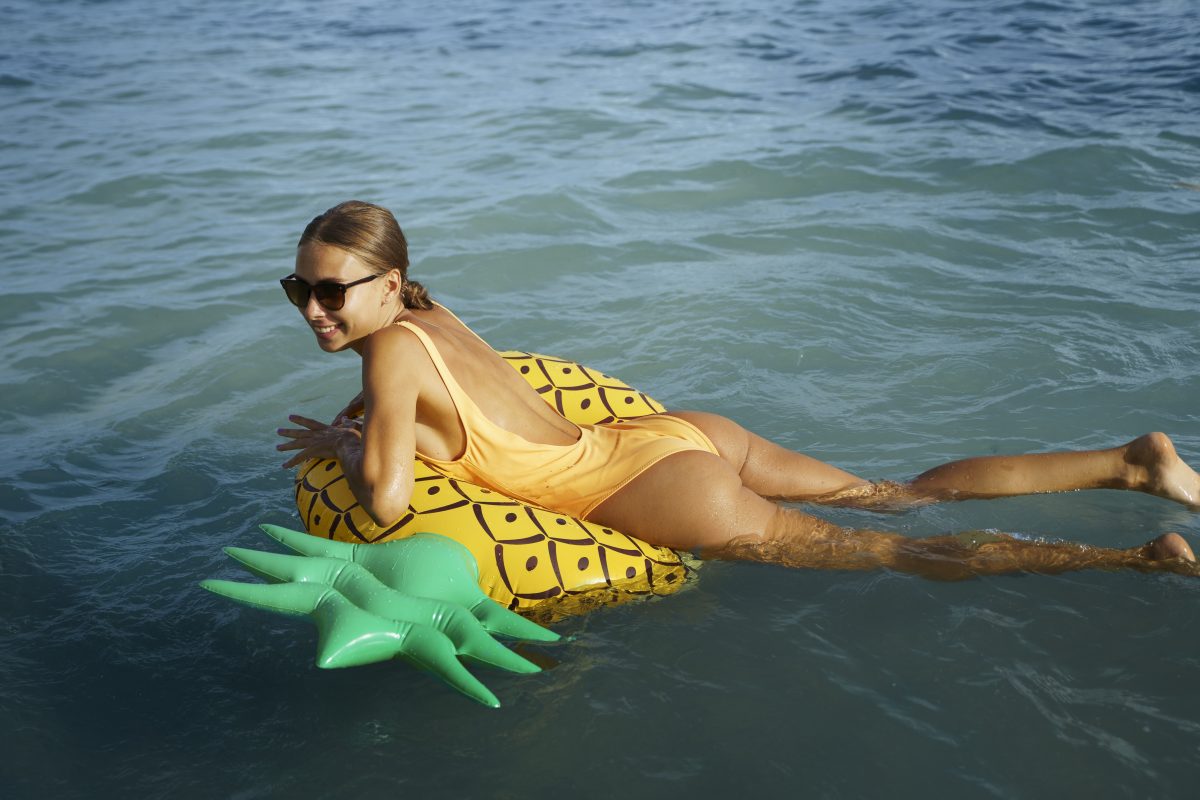Summer Safety Guide: Preventing Swim-related Infections
As summer rolls in, many of you dive into pools and splash pads seeking relief from the heat. However, a fun day by the water can turn sour without proper safety measures to prevent infections. Germs thrive if chlorine or bromine levels drop; vulnerable groups like kids, expectant mothers, or anyone with weakened immune systems face higher risks.
Crypto is one such germ that poses serious threats for those with impaired health defenses when it lurks in recreational waters. So before you take a plunge this season, learn how to shield yourself and loved ones from these invisible dangers lurking beneath the surface.
Understanding Swim-Related Infections
If pools lack proper chlorine or bromine, germs thrive. Kids, pregnant women, and those with weak immune systems are most at risk for swim-related sicknesses. It’s crucial to prevent germ exposure in water by avoiding swimming after recent diarrhea.
You also need to avoid swallowing pool water and dry your ears post-swim. A solid defense is ensuring the right disinfectant levels, test strips can check this easily! Watch out especially for Cryptosporidium; it causes severe issues if you’re immunocompromised.
Lastly, top reported ailments from tainted recreational waters include diarrheal diseases and skin rashes due to microscopic nasties like Legionella or Norovirus.
Choosing Protective Swimwear
Pick swimwear in bright colors or with reflective gear to be visible. High heat can make it harder for your body to cool down, especially during a long day at the beach. Look out when shopping; not every product is safe or as described.
They might share links that lead you elsewhere without confirming all details there are correct. So do your research and choose wisely – wearables that safeguard against too much sun while letting everyone know where you’re in water ought to be top of mind as summer heads our way.
Safe Swimming Practices
Before you jump into the pool, make sure to shower. It’s a simple step but keeps germs away from water and others safe. If feeling sick, especially with diarrhea, stay on land; don’t risk making others ill by getting in the water.
Try not to gulp down any while swimming, it may carry nasty bugs. You can check if it’s clean with test strips, a quick way to be your own health inspector! Keep clear of storm water at beaches; wait out 24 hours post-storm before diving back in as rain runoff brings unwelcome bacteria along for the ride.
Always wash up before eating after swimming because waters might host viruses leading to stomach woes or worse, some that cause vomiting or breathing problems days later! Swimming is fun until it isn’t due to these hidden threats. Remember: Pools need good care plus chlorine doesn’t zap all germs instantly according tot he NIH so help out by rinsing off pre-swim!
Lakes and seas aren’t always pure either, they could take in sewage spills or farm runoff bringing more contaminants. But there’s some relief, public spots usually get checked for safety levels.
After-Swim Hygiene Essentials
After your swim, keep an eye out for dry lips or flushed skin. These signs hint you might need water. For your little ones, fewer wet diapers show they’re not drinking enough; no tears are a bad sign too.
Older kids may have dark pee if dehydrated. Always carry a fun, decorated bottle to remind them to drink up and stay safe from infection after swimming.
As summer rolls in, you dive into pools and oceans. Yet, risks of swim-related infections loom. Always rinse off before a dip to curb bacteria spread.
After swimming, dry yourself thoroughly; damp conditions breed germs. Swap wet swimsuits for dry clothes promptly to prevent unwanted microbes from thriving. By taking these simple steps, you ensure your season is splashed with fun not infections, keeping every swim safe and refreshing.
Medically Reviewed by Colleen Ryan, MD on May 13, 2024
Secure and Confidential
STD testing services
The fastest results possbile - available in 1 to 2 days

Tagged
Categorized As
Author: STD Check Editorial Team
At STDCheck.com, we go to great lengths to ensure quality content. We’re using our own collection of data. It is not bought or made up for “click-bait” purposes. We don’t entice traffic with cheesy graphics or raunchy headlines. Our information is to promote STD testing, educate people, let go of social stigmas, and bring awareness. We also provide a completely confidential atmosphere through private testing. When we produce an article, it is fact-based. We check it with medical advisors that approve it. Our staff consists of doctors and other medical professionals who peer review the content we make available on STDCheck.com. From all over the world, we have sourced the best and the brightest content developers, including medical professionals, marketing engineers, data scientists, content specialists, and media relations.




